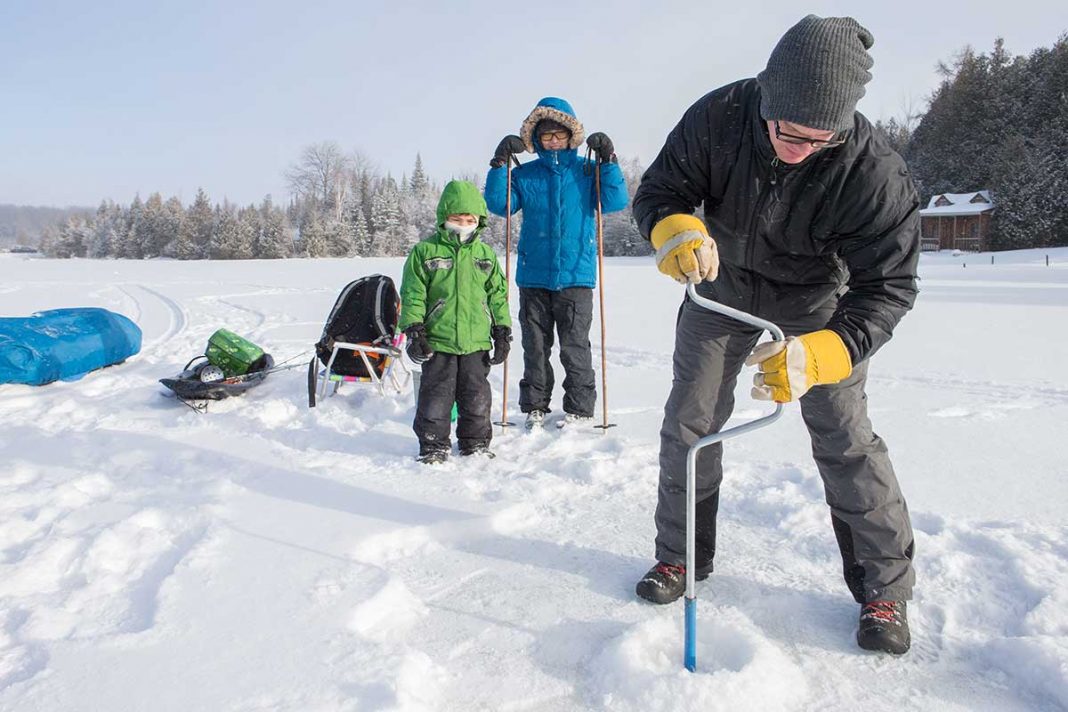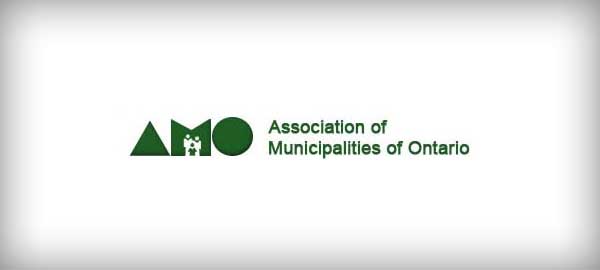ONTARIO—Ice fishing is a popular past time for many Manitoulin anglers and the Ontario Conservation Officers Association (OCOA) urges anglers to use caution when heading out this winter.
“Warm temperatures have caused many lakes to freeze slowly or not at all in many parts of southern and central Ontario,” says OCOA president Derek Hebner. “The lack of ice, coupled with heavy snowfall recently, has caused many lakes to have excessive slush. This snowfall and slush will slow further ice formation and cause travelling on the ice to become very difficult until colder temperatures arrive. I encourage anglers who are planning a fishing excursion to check the ice conditions often, plan ahead and be prepared. By following some simple safety measures, it could save your life or the life of someone else.”
The OCOA provided some safety tips for those ice fishing:
check ice thickness and conditions frequently;
clear ice should be a minimum of 10 centimetres (four inches) for walking and ice fishing, 12 cm (five inches) for one snowmobile or ATV, 20-30 cm, (8-12 inches) for a car or small pickup, 30-38 cm (12-15 inches) for a medium-size truck (source: Livesaving Society);
fish with a buddy; be prepared for an emergency, wear ice picks or a floater/survival suit and have a whistle and cell phone on hand;
let someone know where you will be and when you plan to return. This should include where your vehicle will be parked, what route you plan to take and any stops you plan to make; and
stay off rivers and away from locks, where ice is less stable. Ice conditions in areas of moving water or spring-fed lakes can be unsafe at any time, ensure the ice is safe before venturing out.
“For many anglers, ice fishing can be the highlight of their fishing year,” said Mr. Hebner. “But if the ice conditions are not safe, we suggest holding off on heading out until ice conditions improve. We wish all Ontarians a safe winter season.”
Anglers are reminded to review the 2024 Recreational Fishing Regulations Summary, available online at https://www.ontario.ca/document/ontario-fishing-regulations-summary and at Ministry of Natural Resources and Forestry (MNRF) offices.
Anyone with information about a natural resources or public safety-related offence is encouraged to call the (MNRF) violation reporting line at 1-877-847-7667, contact your local conservation officer directly or call Crime Stoppers at 1-800-222-TIPS (8477).
For more information about natural resources regulations and enforcement please visit the OCOA website at http://www.ocoa.ca or contact your local conservation officer.





